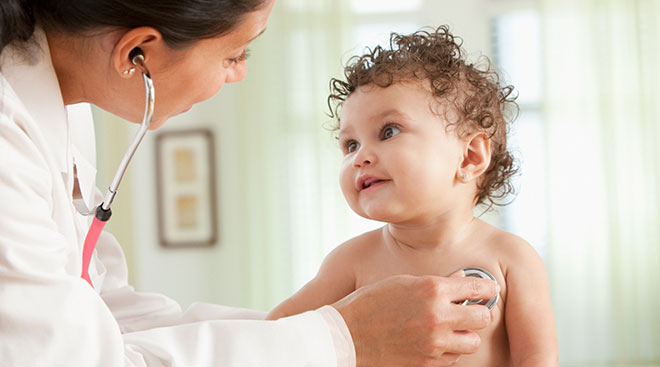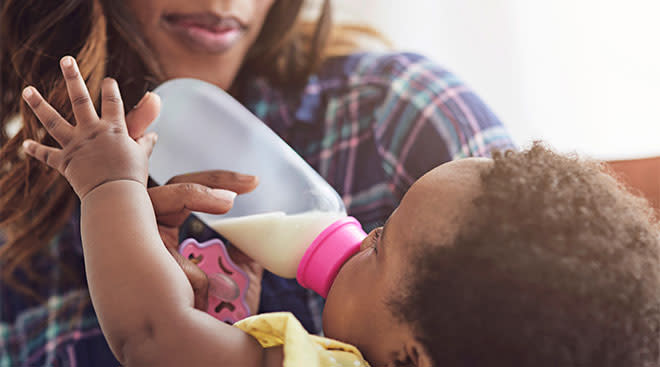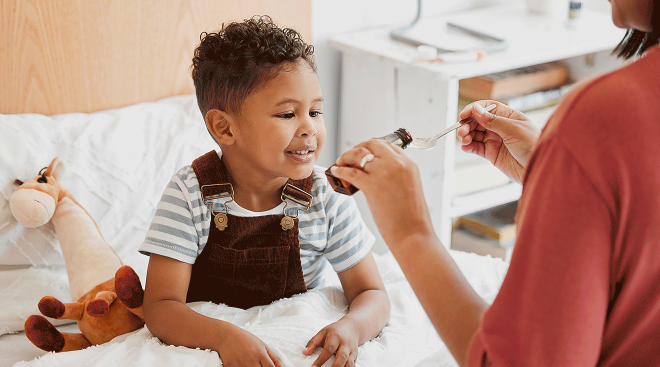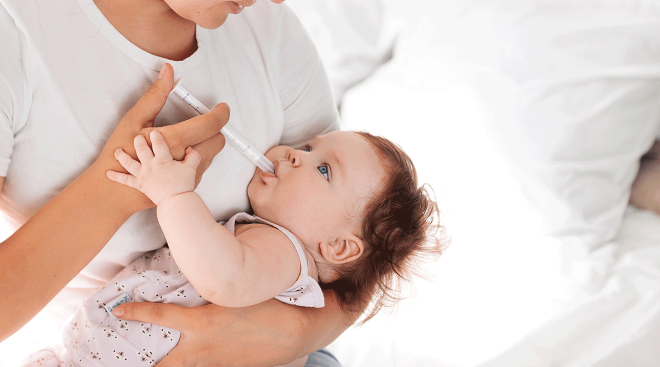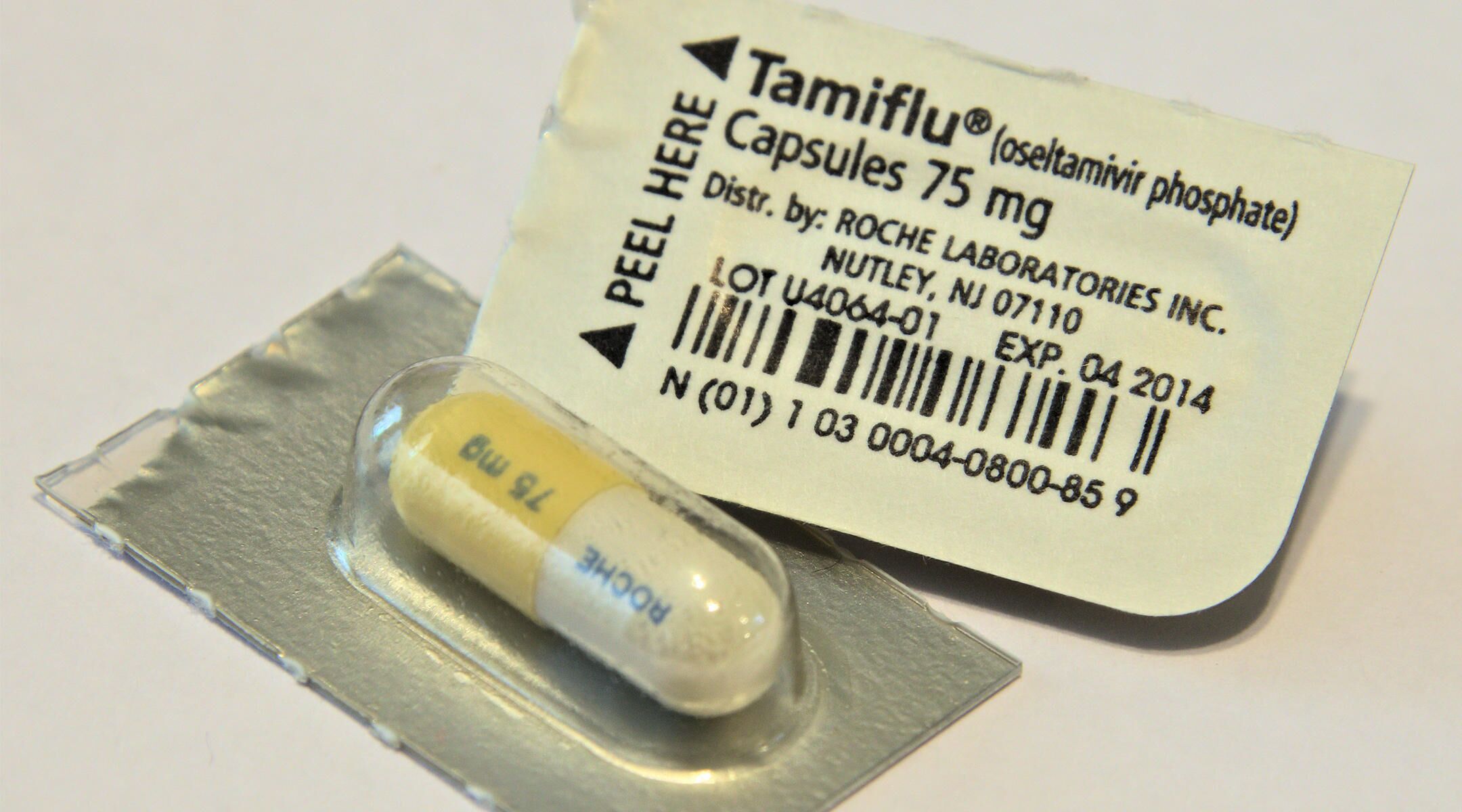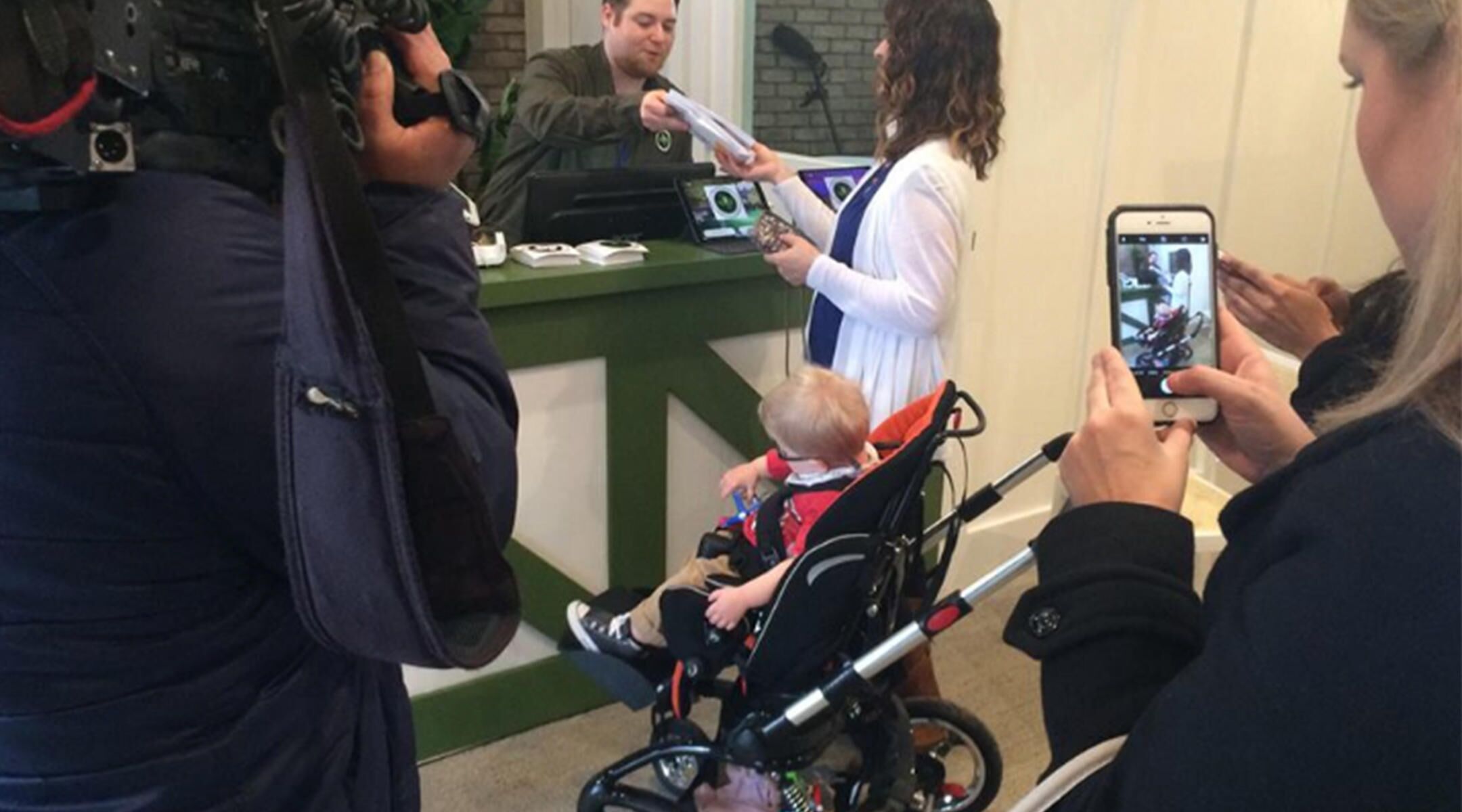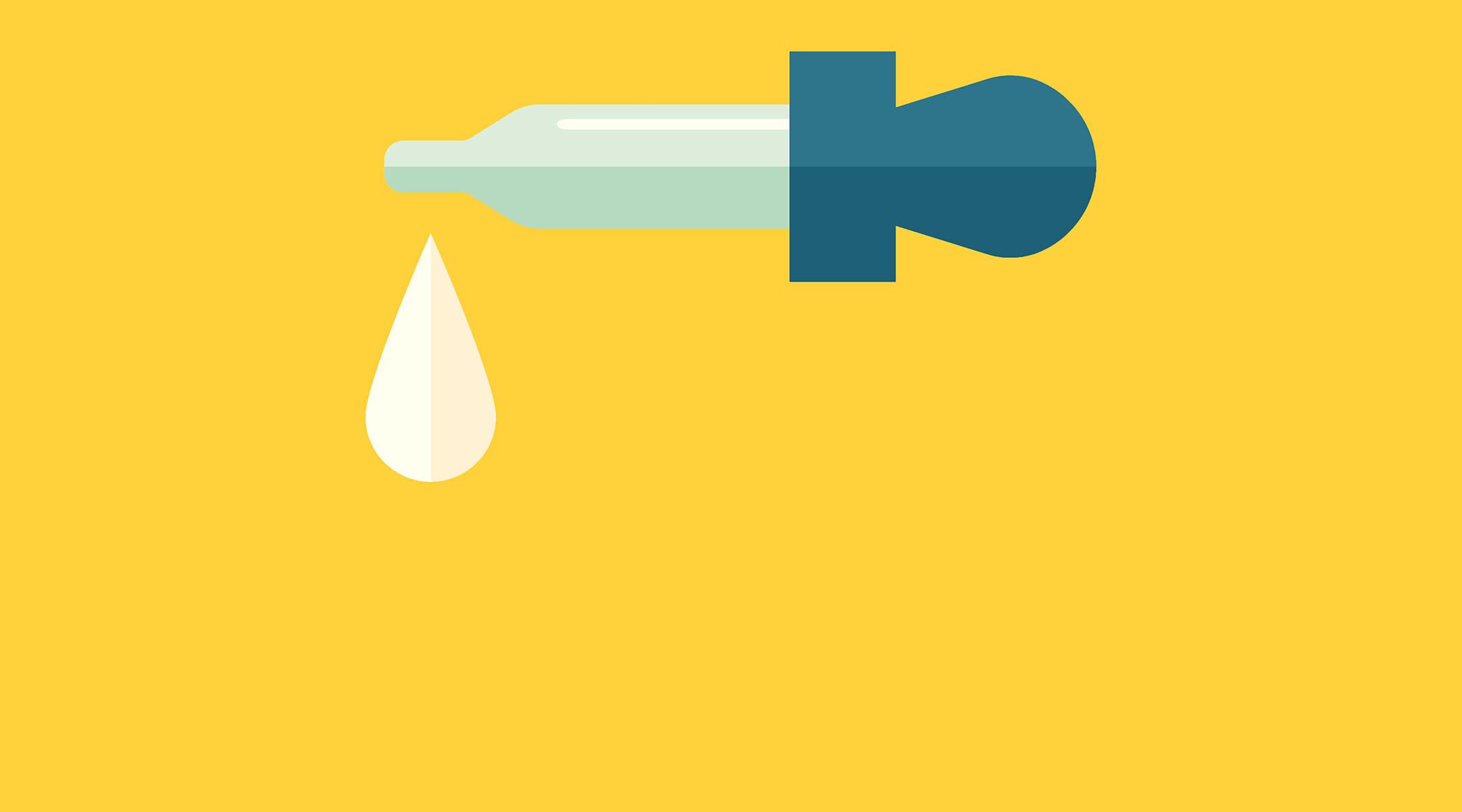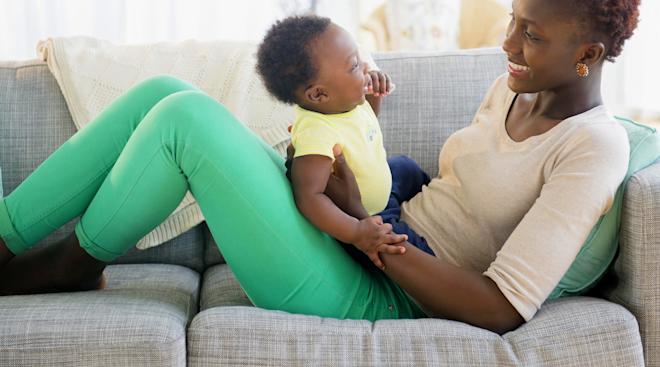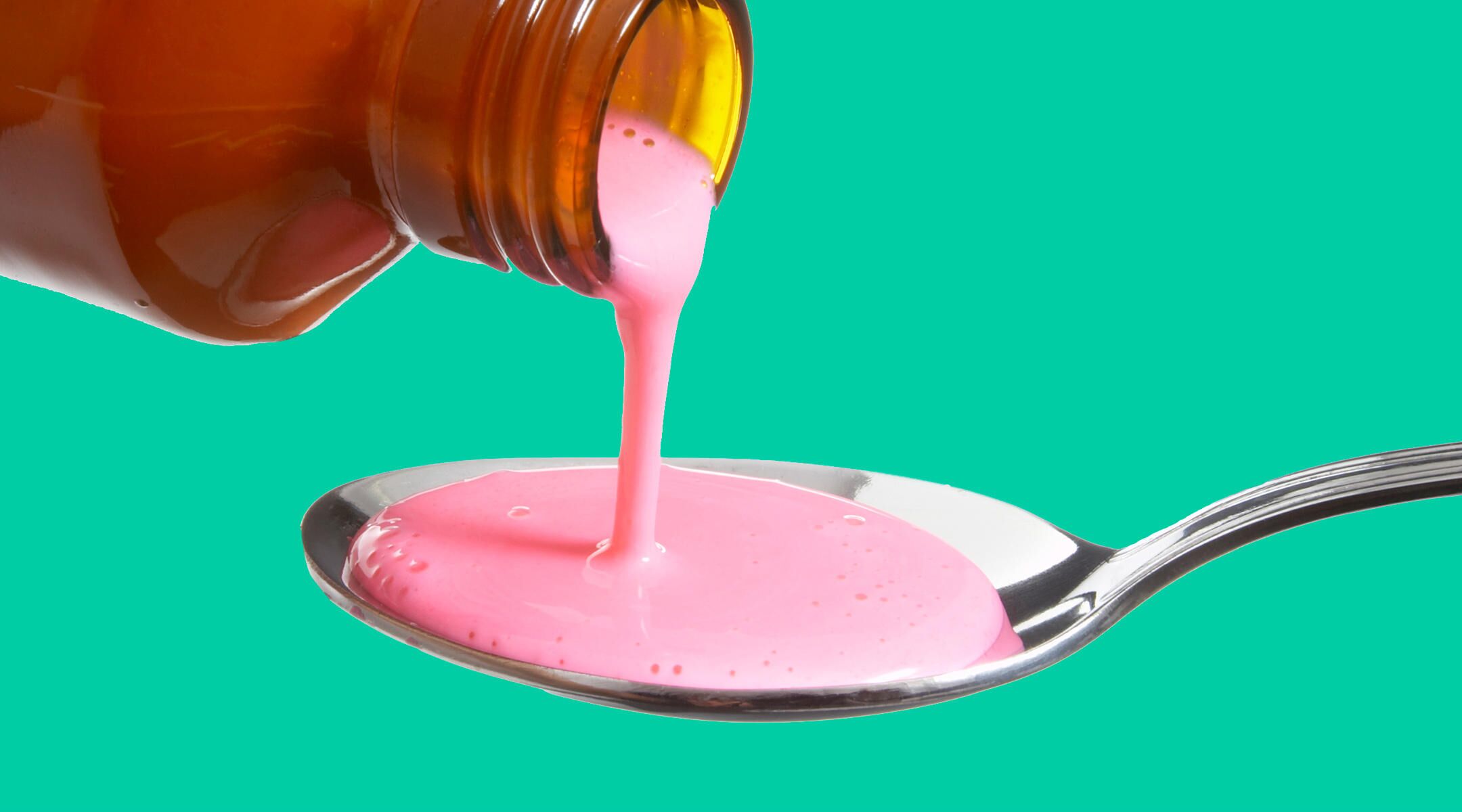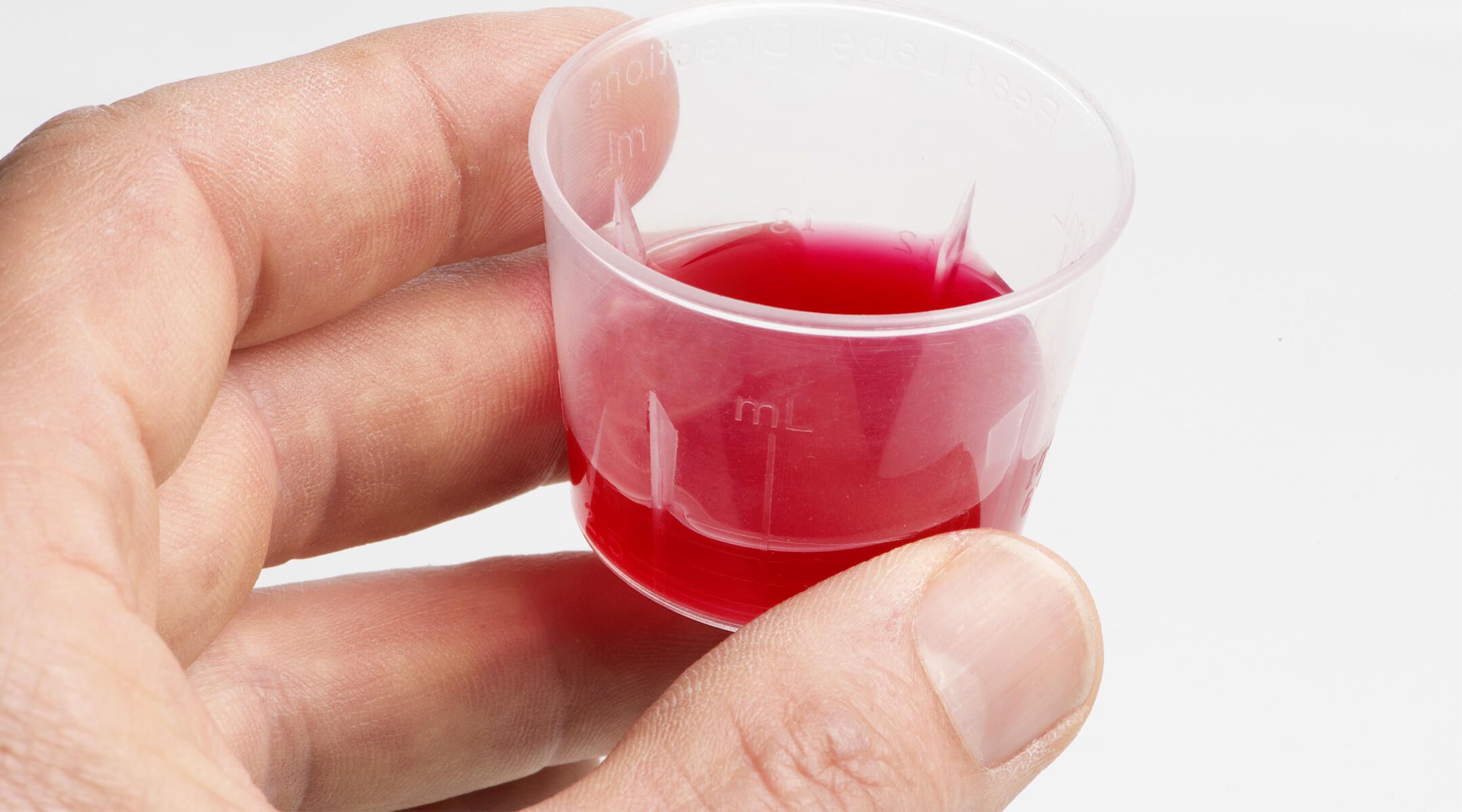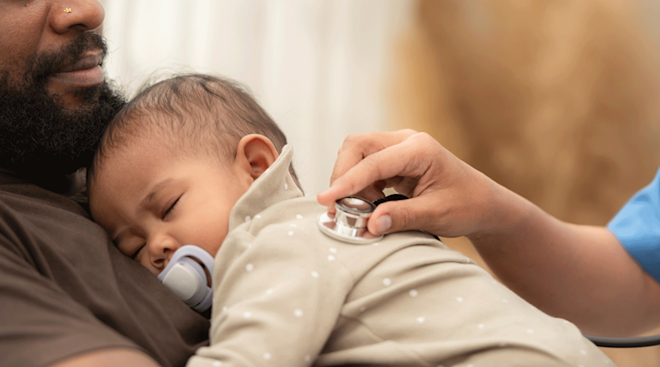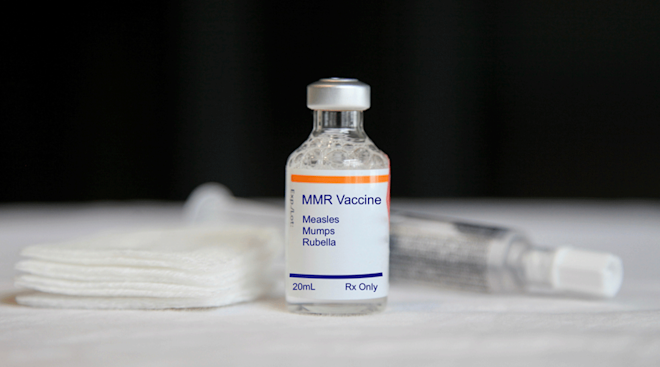AAP: How to Reduce Home Medication Errors That Impact Young Kids
The American Academy of Pediatrics (AAP) has put out a new policy to help decrease errors that occur when giving medicine to babies at home.
According to the policy, published in the December 2021 issue of Pediatrics, these errors can happen for several reasons related to the frequency, formulation and use of expired products, as well as how the medicine is given, prepared and stored. Kids with special needs, chronic conditions or several medications can be at higher risk for errors.
The AAP believes physicians and pharmacists can contribute to these mistakes if they’re not providing parents with clear information about the instructions, units of measurement, any abbreviations used in the prescription or changes to the strength and concentration. According to the AAP, approximately 21 million American parents have low health literacy, and they may not understand prescriptions, over-the-counter labels, measurement devices, active ingredient information or weight-based dosages. Parents who may not be as proficient in English (about 12 percent of American parents) may be at even greater risk of misunderstanding and making mistakes.
In the new policy, the AAP recommends that physicians start reviewing medications during office visits and ensuring parents are using them correctly. Plus, they advise parents to use the standard dosing and administration tool that comes with each medication rather than spoons. The reason? Around 80 percent of the medicines given to babies at home are in liquid form, and kitchen spoons vary in size and shape, making them an improper tool to measure dosage.
Other recommendations in the policy include:
- Improved communication between caregivers and healthcare providers
- Simplified medication regimens (as much as possible)
- Using mL for dosing units (rather than spoon-based or non metric units)
- Provide verbal counseling in the caregiver’s preferred language, using a trained interpreter where necessary
- Provider should consider including the patient’s weight in prescriptions so pharmacists can double check the dose
- Teach caregivers how to safely dispose of unused medications
Parents, if you’re ever confused about the medication or dosage your child needs, or if you simply have questions, don’t be afraid to reach out to your pediatrician. For more tips and information on giving baby the right dosage, check out these tips from the AAP.
Navigate forward to interact with the calendar and select a date. Press the question mark key to get the keyboard shortcuts for changing dates.

































